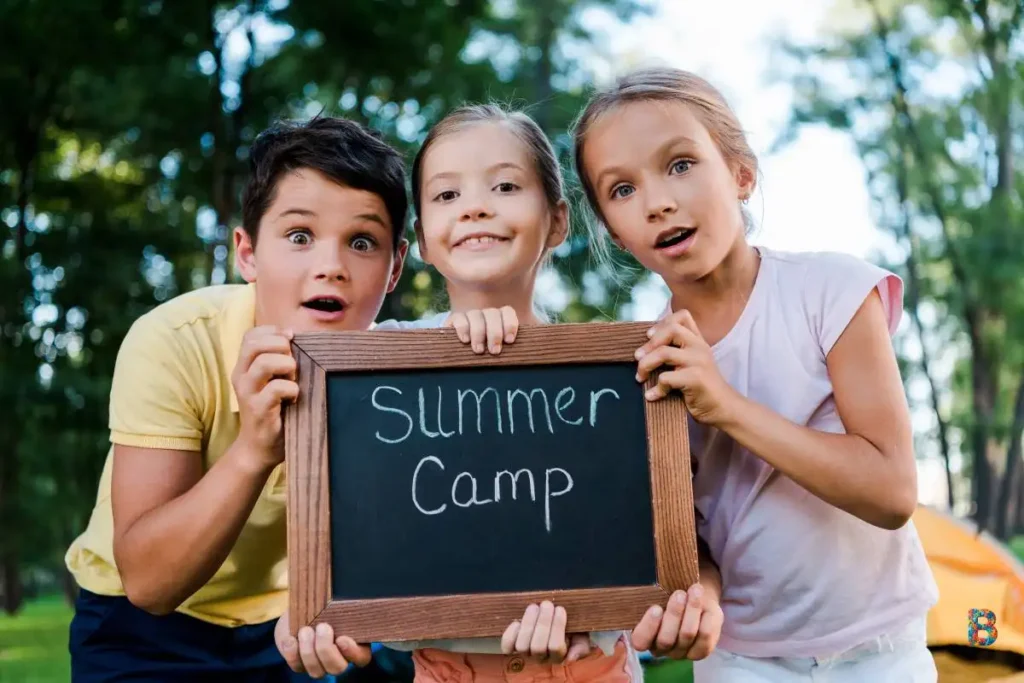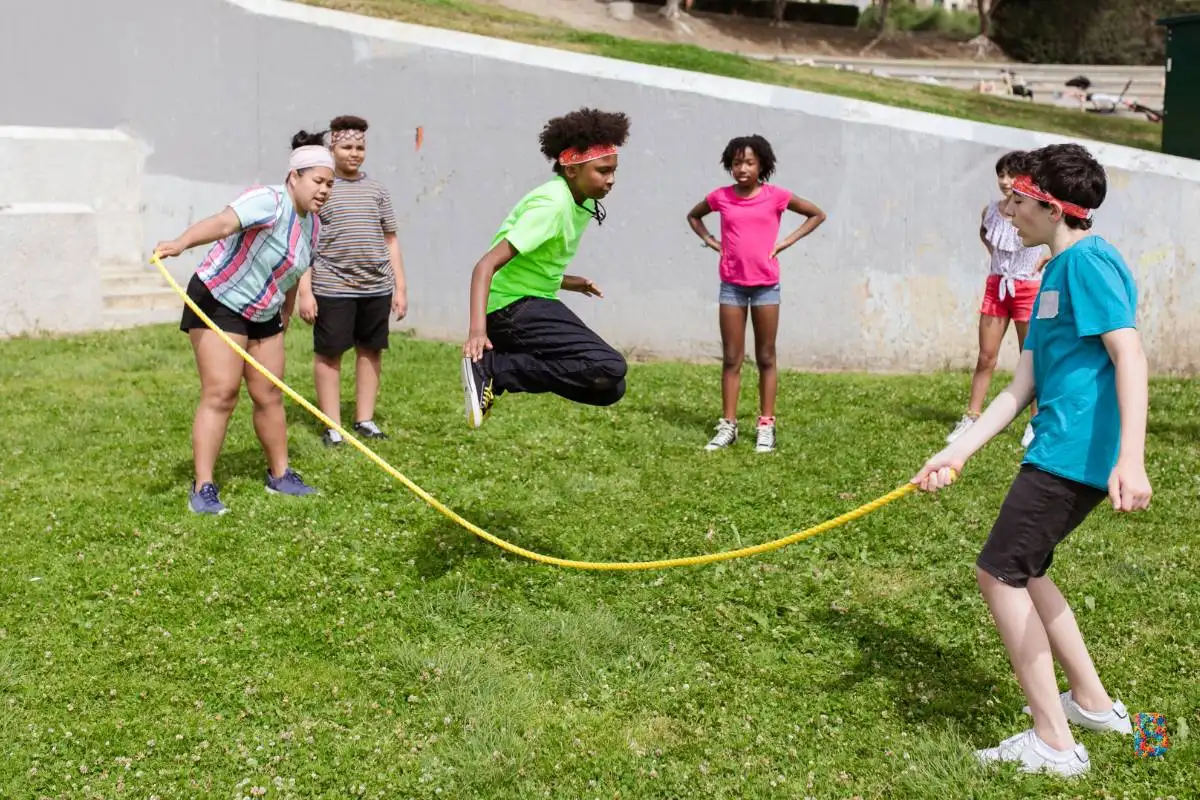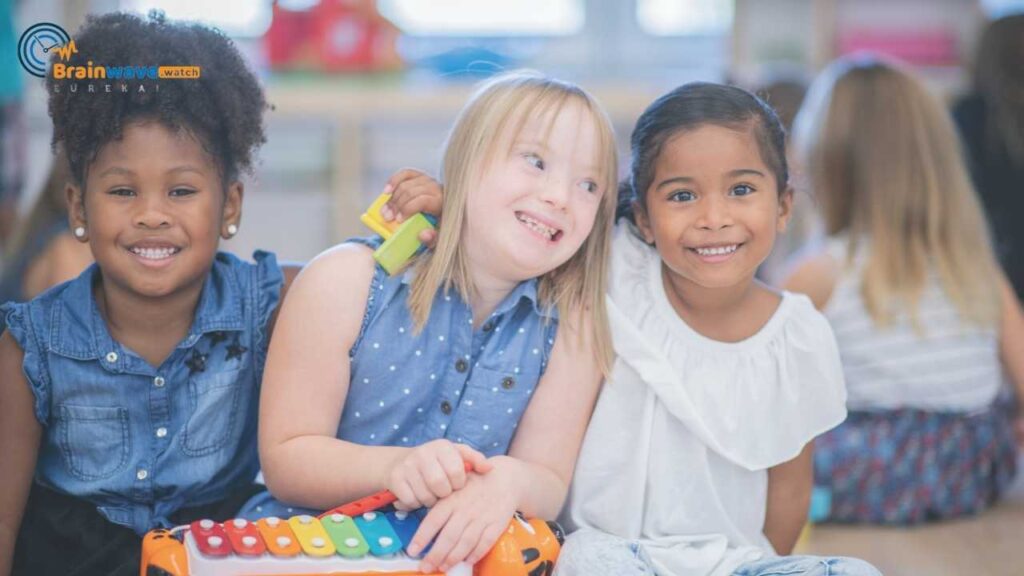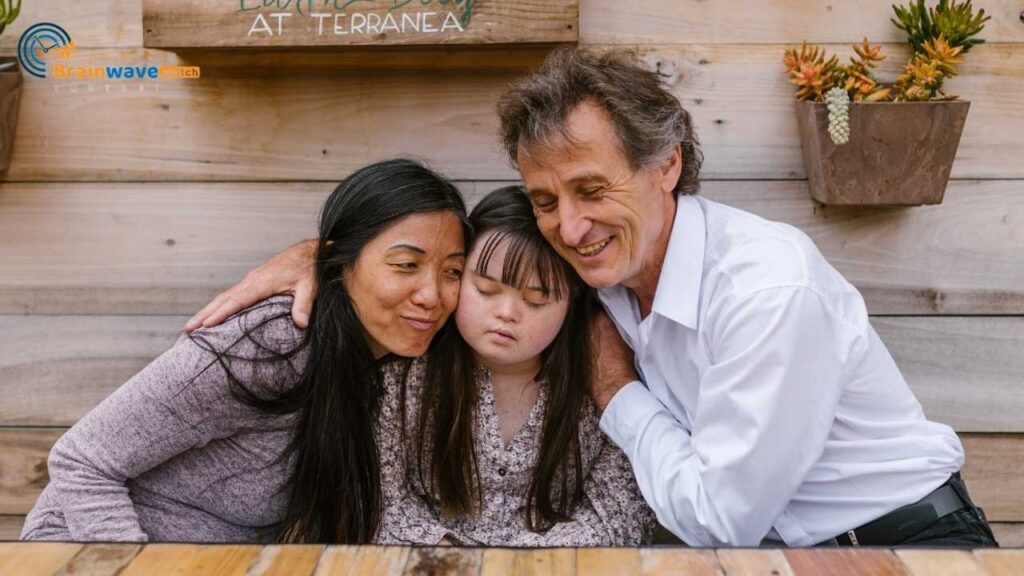Summer break – a time for relaxation? Not always for children with autism. While many kids relish the freedom, the unstructured environment can disrupt routines and lead to social isolation. But fear not, parents! Summer camp can be an incredible opportunity for autistic children to thrive. In this article, we’ll explore the many benefits of summer camp for autistic kids, from social skill development to confidence building.
Benefits of Summer Camp for Autistic Kids
Summer camp can be a great experience for any child, but it can be especially beneficial for autistic kids. Here are some of the benefits of summer camp for autistic kids:
1. Social Skills Development
Summer camp can provide autistic kids with an opportunity to develop their social skills in a safe and supportive environment. They can practice socializing with peers and learn how to communicate effectively. They can also learn how to work as part of a team and develop their leadership skills.
2. Routine and Structure
Autistic kids often thrive on routine and structure, and summer camp can provide them with both. The daily schedule at summer camp is usually very structured, with set times for meals, activities, and free time. This can help autistic kids feel more comfortable and secure, and can also help them develop good habits and routines that they can carry with them into their daily lives.
3. Specialized Activities
Many summer camps offer specialized activities that are designed specifically for autistic kids. These activities can help autistic kids develop new skills and interests, and can also provide them with a sense of accomplishment and self-esteem. Some examples of specialized activities that may be offered at summer camps for autistic kids include art therapy, music therapy, and sensory integration therapy.
Considerations for Choosing a Camp
When choosing a summer camp for a child with autism, there are several factors that parents should consider to ensure a positive and safe experience for their child. Here are some important considerations to keep in mind:
Staff Expertise
It is important to choose a camp with staff members who have experience working with children with autism. Look for camps that have trained professionals, such as behavior therapists or special education teachers, on staff. Parents should inquire about the staff-to-camper ratio to ensure that their child will receive adequate attention and support.
Safety Measures
Safety is always a top priority when it comes to children, and it is no different when selecting a summer camp. Parents should inquire about the safety measures in place at the camp, such as emergency procedures and staff training in first aid and CPR. Parents should ask about any accommodations that can be made for their child’s specific needs, such as dietary restrictions or medical conditions.
Camp Environment
The environment of the camp can greatly impact a child’s experience. Consider the location of the camp and the types of activities offered. Some children may prefer a camp with a more structured schedule, while others may thrive in a more relaxed environment. Parents should consider the social opportunities available at the camp, such as group activities or one-on-one interactions with staff members.
Challenges and Solutions
Caring for children with autism can be challenging, especially when it comes to finding the right summer camp. The following are some of the common challenges faced by parents and caregivers of autistic children and possible solutions to overcome them.
Sensory Sensitivities
Many children with autism have sensory sensitivities and may become overwhelmed by new experiences, sounds, and smells. This can make it difficult for them to participate in typical summer camp activities. To address this challenge, parents and caregivers can work with camp staff to create a sensory-friendly environment. This may include providing a quiet space for children to retreat to when they feel overwhelmed, minimizing loud noises, and avoiding strong smells.
Communication Barriers
Communication can be a significant challenge for children with autism, making it difficult for them to express their needs and wants. This can lead to frustration and may cause them to withdraw from social interactions. To overcome this challenge, parents and caregivers can work with camp staff to develop a communication plan. This may include using visual aids such as picture schedules or social stories to help children understand what will happen during the day and what is expected of them.
Behavioral Support
Children with autism may exhibit challenging behaviors such as aggression, self-injury, and elopement. These behaviors can be challenging for camp staff to manage and may put other children at risk. To address this challenge, parents and caregivers can work with camp staff to develop a behavior plan. This may include identifying triggers for challenging behaviors, developing strategies to prevent and de-escalate challenging behaviors, and providing positive reinforcement for appropriate behaviors.
By working together, parents, caregivers, and camp staff can create a supportive and inclusive environment that allows children with autism to thrive and enjoy all that summer camp has to offer.
Parental Involvement and Preparation
Summer camp can be a great experience for autistic children, but parents need to be involved in the preparation process. There are several ways that parents can help their children prepare for summer camp.
Pre-Camp Orientation
Many summer camps offer pre-camp orientation sessions for parents and children. These sessions can be a great way to meet the camp staff and learn more about the camp’s activities and routines. Parents can use this time to ask questions and share information about their child’s needs and preferences.
During the orientation, parents can also help their child become familiar with the camp environment. For example, they can show their child pictures of the campgrounds or visit the campgrounds before the start of the camp. This can help reduce anxiety and make the child feel more comfortable when they arrive at camp.
Ongoing Communication
Communication between parents and camp staff is essential for a successful summer camp experience. Parents should make sure that the camp staff is aware of their child’s needs and preferences. They should also provide the camp staff with any necessary medical information and emergency contact information.
Parents should also stay in touch with the camp staff throughout the summer camp. This can help ensure that their child is having a positive experience and that any issues are addressed promptly. Parents can also share updates about their child’s progress or any changes in their needs.
By being involved in the preparation process and maintaining ongoing communication, parents can help ensure that their child has a successful summer camp experience. With the right preparation and support, summer camp can be a fun and rewarding experience for autistic children.
Real-Life Stories and Testimonials
There are many success stories of autistic children who have attended summer camps. For example, at Camp Starfish, a summer camp for kids with autism spectrum disorder, the 1:1 ratio of campers to counselors makes it possible to meet the unique needs of each child. One parent reported that her son, who had previously struggled with social skills, returned from camp with newfound confidence and social connections.
Similarly, Camp I CAN is a weeklong camp for autistic kids ages 6 to 17, with activities and hands-on programming targeted to their ability levels. One parent reported that her daughter, who had previously struggled with social anxiety, was able to make friends and feel more comfortable in social situations after attending Camp I CAN.
Another parent reported that her daughter, who attended Camp Dream, a recreational summer camp for children and young adults with moderate to severe physical and developmental disabilities, was able to participate in activities such as horseback riding and swimming which she had never been able to do before.
These real-life stories and testimonials demonstrate that summer camp can be a positive and transformative experience for autistic children. By providing a safe and supportive environment, tailored programming, and opportunities for socialization and skill-building, summer camp can help autistic children thrive and reach their full potential.









